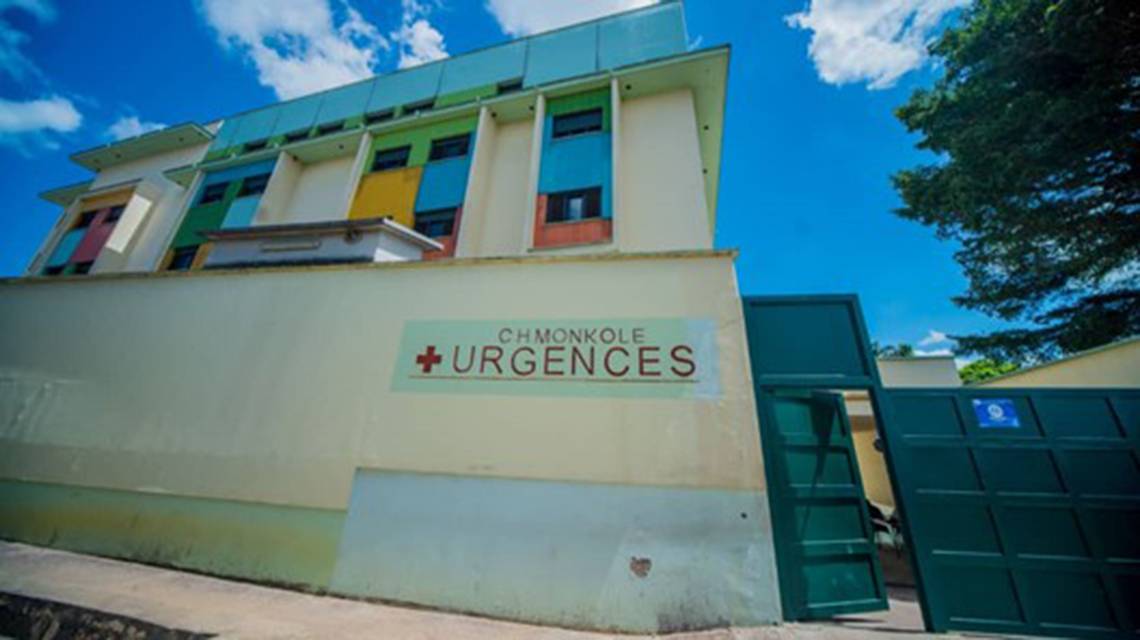Decentralizing cancer diagnosis and treatment capabilities would provide more people in provinces across the Democratic Republic of the Congo (DRC) with better access to cancer care, a team of international experts concluded following a six-month imPACT Review requested by the DRC’s Ministry of Health.
The team, brought together by the IAEA, the World Health Organization (WHO) and the International Agency for Research on Cancer (IARC), carried out virtual interviews with staff from 21 facilities across the Kinshasa, Tshopo, Haut Katanga and South Kivu provinces.
The DRC faces challenges in delivering services to diagnose and treat cancer patients across its vast territory. Most diagnostic and treatment services are available in private facilities in Kinshasa, and considerable disparity exists in access to diagnostic services across the country. Only one private radiotherapy facility in the country of approximately 90 million people provides radiotherapy, and while Government facilities generally have advanced capacities in pathology, they have only limited medical imaging and biology services. In Africa, more than 20 countries have no radiotherapy treatment unit.
The most prominent types of cancer in the DRC are prostate cancer in men with around 7 471 new cases annually, and cervical cancer in women with around 7 772 new cases per year, according to online cancer statistics database GLOBOCAN.
“The DRC is facing an epidemiological transition, with an increase in incidence and mortality from cancer,” said Dieudonné Mwanba, Director of the General Directorate for Disease Control, Ministry of Health. “Diagnosis of these diseases often comes late and care is still very limited. Training medical staff involved in cancer management is key, and we need to set up diagnostic and treatment centres in urban areas for the most frequent cancers.”








